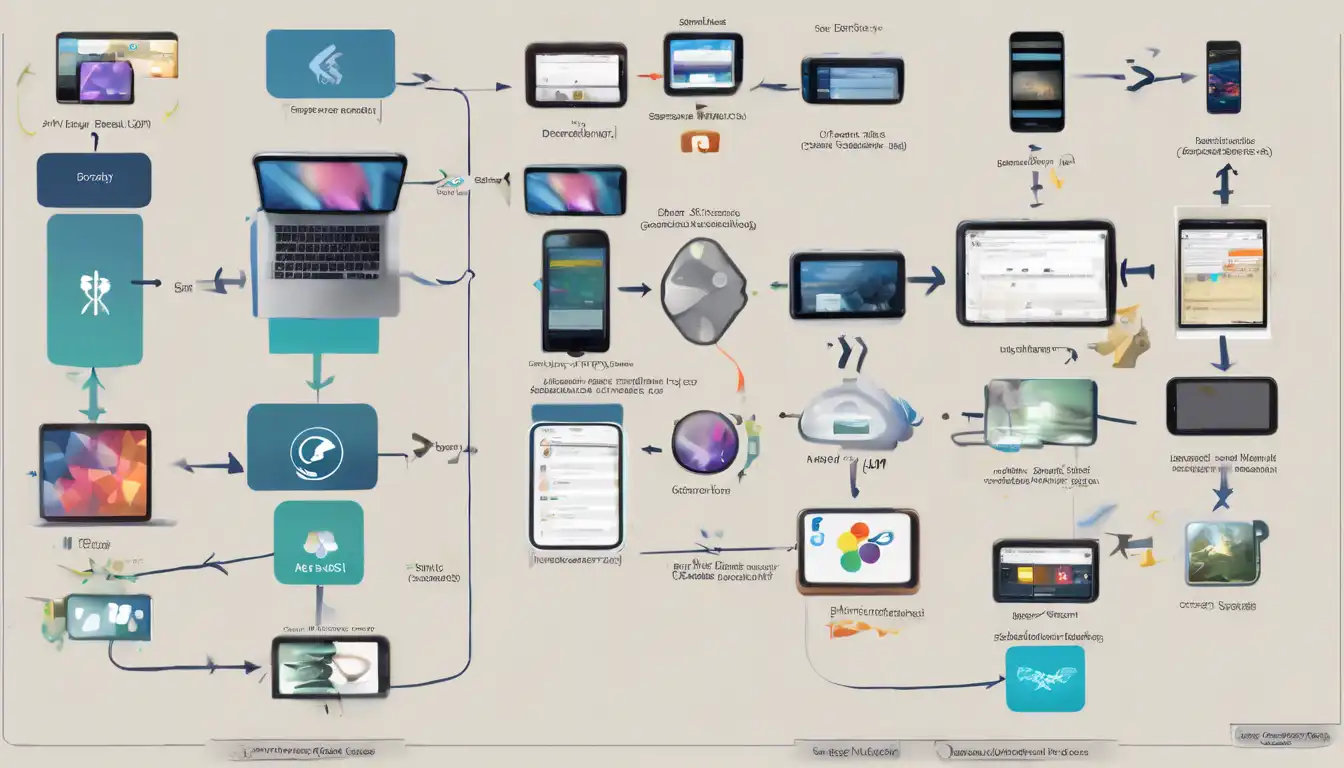Introduction to Cross-Platform Mobile Development
In today's fast-paced digital world, the demand for mobile applications is at an all-time high. Businesses and developers are constantly seeking efficient ways to build apps that work seamlessly across multiple platforms. Cross-platform mobile development tools have emerged as a game-changer, enabling developers to write code once and deploy it on both iOS and Android platforms. This article compares the top cross-platform mobile development tools, helping you choose the right one for your project.
Why Choose Cross-Platform Development?
Cross-platform development offers numerous benefits, including reduced development time, lower costs, and easier maintenance. By using a single codebase for multiple platforms, developers can significantly streamline the development process. Moreover, cross-platform tools often come with a rich set of features and plugins, further enhancing productivity.
Top Cross-Platform Mobile Development Tools
1. Flutter
Developed by Google, Flutter is a popular open-source framework for building natively compiled applications for mobile, web, and desktop from a single codebase. Its hot reload feature allows developers to see changes instantly, making the development process faster and more efficient. Flutter's rich widget library and strong community support make it a top choice for many developers.
2. React Native
React Native, created by Facebook, is another leading framework for cross-platform mobile development. It allows developers to build mobile apps using JavaScript and React. With its large ecosystem and reusable components, React Native enables the creation of high-performance apps with a native look and feel.
3. Xamarin
Xamarin, a Microsoft-owned framework, uses C# and .NET to build cross-platform apps. It offers near-native performance and access to platform-specific APIs, making it a robust choice for enterprise-level applications. Xamarin.Forms, a part of the Xamarin framework, simplifies the development of UI layouts.
4. Ionic
Ionic is a free and open-source framework that leverages web technologies like HTML, CSS, and JavaScript to build cross-platform mobile apps. It integrates seamlessly with Angular, React, and Vue, offering a versatile development environment. Ionic's extensive plugin library and pre-designed components accelerate the development process.
Comparing the Tools
When choosing a cross-platform development tool, consider factors such as performance, development speed, community support, and the specific needs of your project. Flutter and React Native are excellent for apps requiring a rich UI and high performance. Xamarin is ideal for enterprises with existing .NET infrastructure, while Ionic is perfect for developers familiar with web technologies.
Conclusion
Cross-platform mobile development tools have revolutionized the way apps are built, offering a balance between performance and development efficiency. Whether you're a startup looking to launch your first app or an enterprise aiming to streamline your mobile strategy, there's a cross-platform tool that fits your needs. By comparing the features and strengths of each tool, you can make an informed decision and embark on a successful mobile development journey.
For more insights on mobile development, check out our latest article on mobile development trends.
